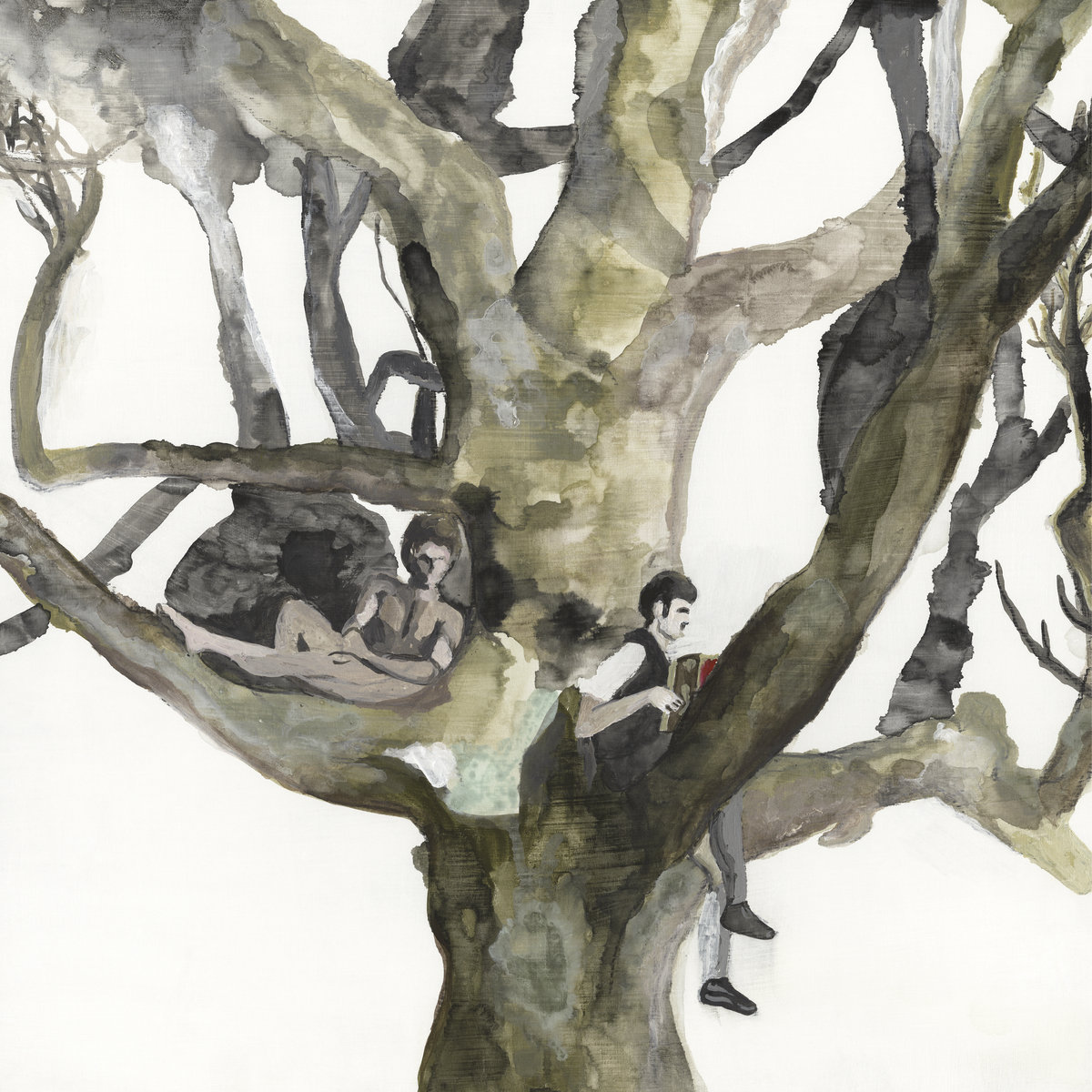Destroyer
LABYRINTHITIS
MERGE
Over 10 years ago, Dan Bejar hit self-destruct on the old reliable indie-rock ways. Rather than combining steadfast rock genres after every tour and fading into a late-career limbo, he took a chance and pulled the thread on a new aesthetic amongst the chaos. It started with the one-two punch of the EPs Bay of Pigs and Archer on the Beach in 2009 and 2010, respectively. Those early moments of musical self-discovery led to a splintering career highlight with 2011’s Kaputt, a lush and explorative album that was still grounded in Bejar’s songwriting roots. The Canadian artist continues to employ golden, kintsugi-like surgeries on his primary influences: lush electronic and rock productions pulling from the sounds of the early 1980s.
Destroyer’s serpentine narrative eventually brings us to his emotionally rumpled pandemic album, LABYRINTHITIS. The record was born out of quarantine when frequent collaborator John Collins would send ideas from Galiano Island and Bejar would return the creative volley over in nearby Vancouver when meeting in person wasn’t possible. Originally planned as an unexacting dance record, Bejar stretched out that common concept across a wider canvas. At first the tracks are hard to get a good read on, like 10 cubist paintings staring blankly back at you—but as Bejar sings on the lounge-y, spoken-word experiment “June,” “You have to look at it from all angles.”
LABYRINTHITIS runs through quite a warren of genres in its succinct runtime. The wanderer's lament “It’s in Your Heart Now” starts the record in a low gear with a New Order bass and drifting sheets of synthesizer rain. “Suffer” amps it up with the soaring guitar work and a Speak & Spell–like hook. Synthetic-disco singing (“All My Pretty Dresses”), slinky piano lounge-rock (“Tintoretto, It’s for You”), electronic collage (the title track), and gleaming new-wave dance offs (“It Takes a Thief) are sprinkled across the album to keep the diversity high.
Bejar even manages to approach autobiography—after years of obfuscating his own stories—on “The States.” Over a synthetic beat, he sings about traveling by bus, abandoning his luggage, and chucking his broken umbrella into a raging rainstorm. He even closes the album like you would a concert, with a chill-out solo guitar track naturally called “The Last Song.” These final songs are transitory moments that befit an album like LABYRINTHITIS. It has a wandering spirit like Bejar, but its best moments are brimming with melodies and grooves, when Bejar looks up from the disco dancing and finds a few golden threads to tug in a moment of chaos.







